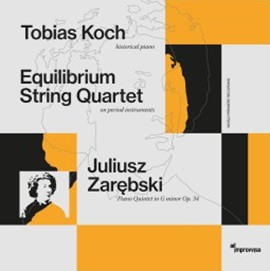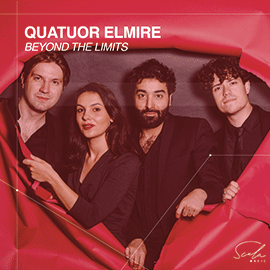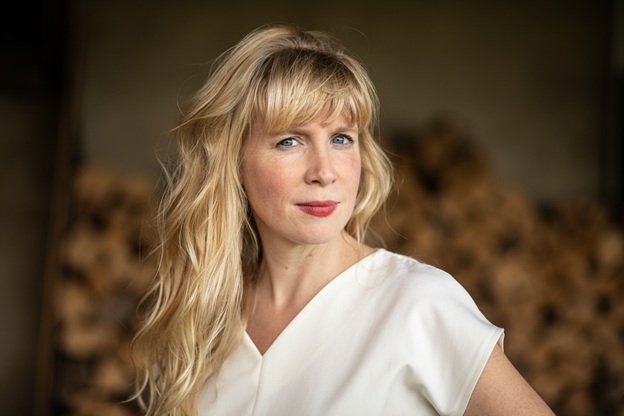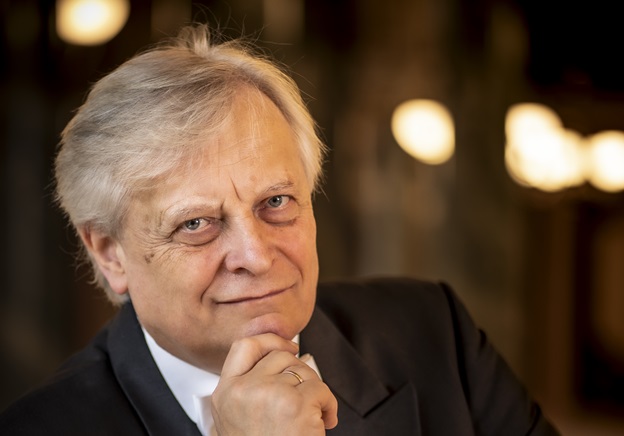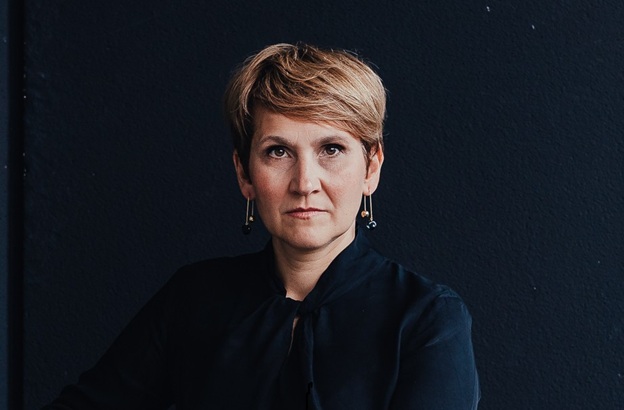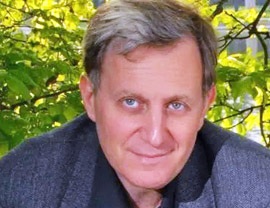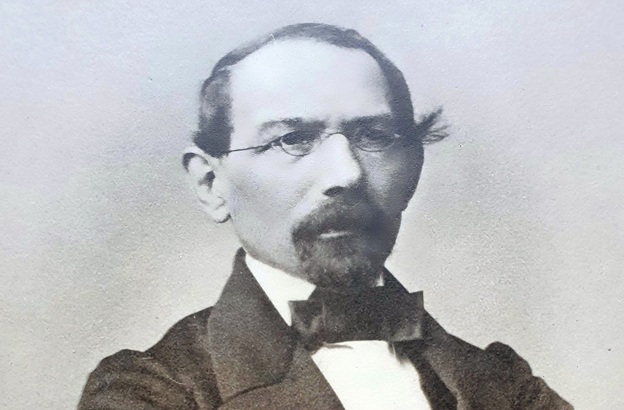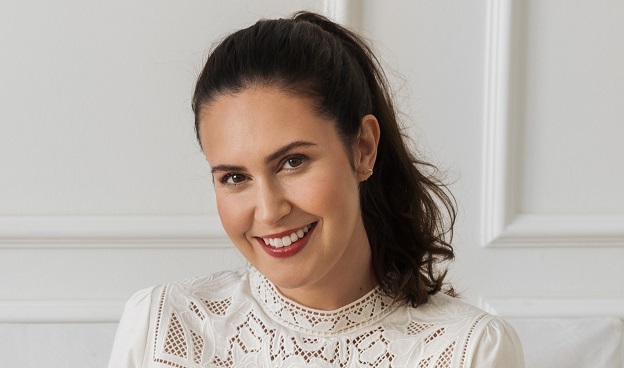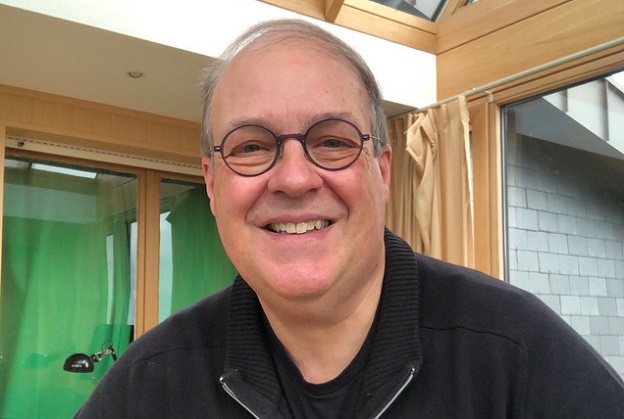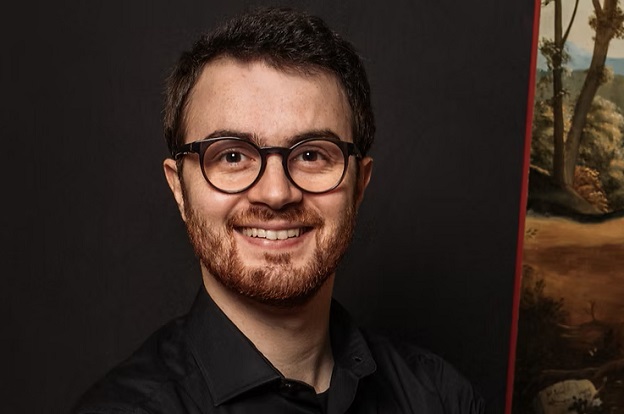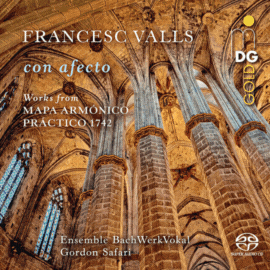On your recently released Schubert album, you have combined his Sonata D 664 in A major and his Sonata D 960 in B flat major with six Ländler and six waltzes from different creative and life phases of the composer. What was the reason for this unusual selection?
Firstly, I attach great importance to ensuring that the pieces on an album are not just thrown together. On this album, the so-called ‘Little A major’, my favourite of the early sonatas, is juxtaposed with the late ‘B flat major’ sonata – ‘Schöne Müllerin’ here, ‘Winterreise’ there. The dance suite consists of marvelous miniatures, each one a small poetic universe, yet they are all coordinated and tonally related. Read More →
Warum war es Ihnen wichtig, zum 200. Geburtstag von Johann Strauss (Sohn) eine Stimme aus Dresden im Gratulationschorus hinzuzufügen?
Die Beschäftigung mit Johann Strauss (Sohn) erstreckt sich bei uns über viele Jahre. Eine erste CD-Aufnahme entstand im Jahr 2000 im Zusammenhang mit einer Initiative zur Erhaltung eines historischen Festsaals in Dresden: « Walzer und Polkas aus dem Palais im Großen Garten zu Dresden ». Read More →
Meine Begegnung mit Eva Resch war ganz wunderbar. Die Zeit verging wie im Fluge, so anregend und informativ war die Unterhaltung. Kurzum: Eva hat mich begeistert. Wenn ich diese außergewöhnliche Künstlerin in drei Worten umschreiben sollte, dann wählte ich die Worte: klug-mutig-authentisch. Read More →
Why an all-Lyadov program?
I could answer: ‘out of habit’, at least for the piano. Although I have sometimes, in a program of mélodies, displayed two names, Ravel and Poulenc, Debussy and Roussel, or even a dozen in my Hommage à Cocteau (with the baritone Jean-François Gardeil), none of my piano discs has mixed composers. Monographs, always! Work on a single creator is more concentrated, more ‘one’. Not to mention, forgive me for joking, that in the days of record shops, monographic discs were easier to store in bins! But here’s a more serious reason: simply because Liadov’s music is so worth playing, and listening to, that it would be a shame not to… fill a whole disc with it! Read More →
« Der Componist ist ein junger talentvoller, musikalisch sehr gründlich gebildeter Mann; er lebt in Wesel und hat noch keinen öffentlichen Wirkungskreis erlangen können. Sein Stil ist ernst, es scheint sogar, als fiele es ihm schwer, seinen Gedanken eine gewisse Leichtigkeit und freie Anmuth zu geben, wodurch sich bei dem Hörer bisweilen das Gefühl einer gewissen Unbehülflichkeit in den Wendungen erzeugt. Read More →
Eine Geigerin, die sich mehr als Rumänin denn als Deutsche fühlt, obwohl sie in Gelsenkirchen geboren wurde. Ein Album, das aus einem spontanen Galopp durch die Karpaten entstand. Etüden-Capricen eines nie kennengelernten Großvaters, die wie persönliche Briefe klingen. Lelie Cristea hat mit Carpathian Tales weit mehr geschaffen als eine Musikeinspielung – sie hat eine vergessene Welt wiederentdeckt und dabei ihre eigene kulturelle Identität erforscht. Read More →
Vor 20 Jahren, am 26. Juni 2005 wurde die Philharmonie in Luxemburg eröffnet. Pizzicato berichtete unter dem Titel: Ein Saal der Superlative. Hier ist was damals (noch in der Printausgabe) veröffentlicht wurde. Read More →
Marco Pütz, gerade wurde Ihr Werk Euphonia‘s Voice für Euphonium in der Philharmonie vom Luxembourg Philharmonic uraufgeführt, obwohl es schon vorher von einem anderen Orchester eingespielt wurde.
Ja, Euphonias’s Voice ist ein Auftragswerk der Philharmonie Luxemburg und des Luxembourg Philharmonic. Ich habe diesen Auftrag vor rund 7 Jahren erhalten und habe das Werk 2019 fertiggestellt. Leider ist dann die Corona-Krise dazwischengekommen und hat die ganze Planung dann über Bord geworfen. Währenddessen war allerdings der deutsche Dirigent Alexander Merzyn, Generalmusikdirektor in Cottbus, auf meine Musik aufmerksam geworden und führte mein Tuba-Konzert auf. Read More →
Recording all of the 18 piano sonatas by Wolfgang Amadeus Mozart is no small project that can be completed « in passing. » When did the desire to tackle this mammoth task awaken in you?
During the COVID-19 pandemic, I had already planned to record three more Mozart sonatas. Then it hit me that I should just record all of the sonatas, since I already had them in my repertoire for so long. Read More →
You studied organ and harpsichord, earning Master’s degrees in both, have won multiple prestigious awards in international competitions, and perform as a soloist on both instruments. You are Italian – so, forgive the cliché – were you simply born musical? Or, to put it another way: do you come from a family of musicians?
I don’t come from a family of musicians, but my family certainly passed on a deep passion for and appreciation of art, and music in particular. My father has always been a great lover of classical music, especially the organ and its repertoire. My uncle, meanwhile, is a regular at the opera and, though not a musician himself, a keen connoisseur of many operatic works. That’s where my own passion for the world of opera and theatre also began. So, even if I wasn’t actively involved in music from the start, it was always part of my life. Read More →




